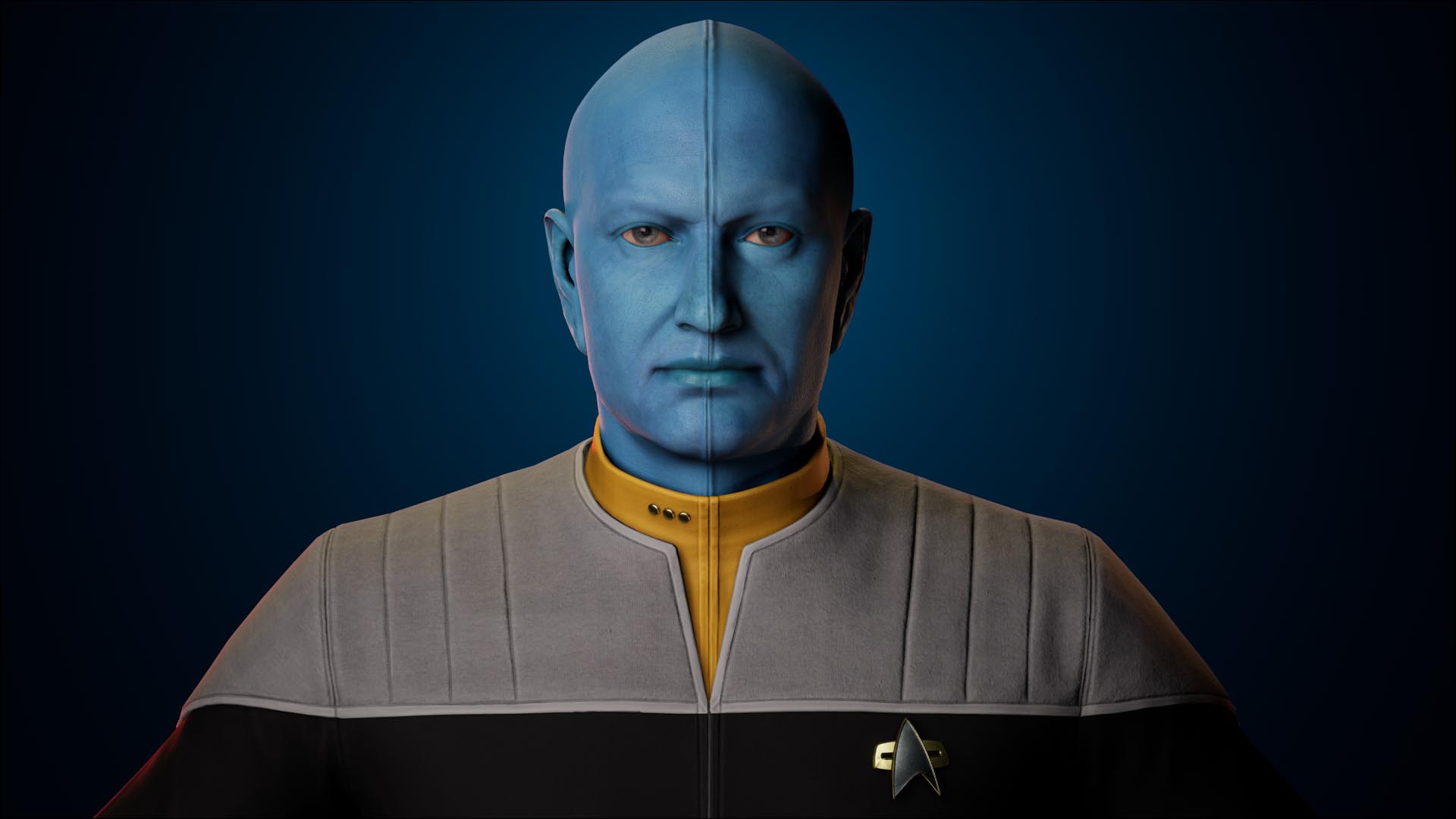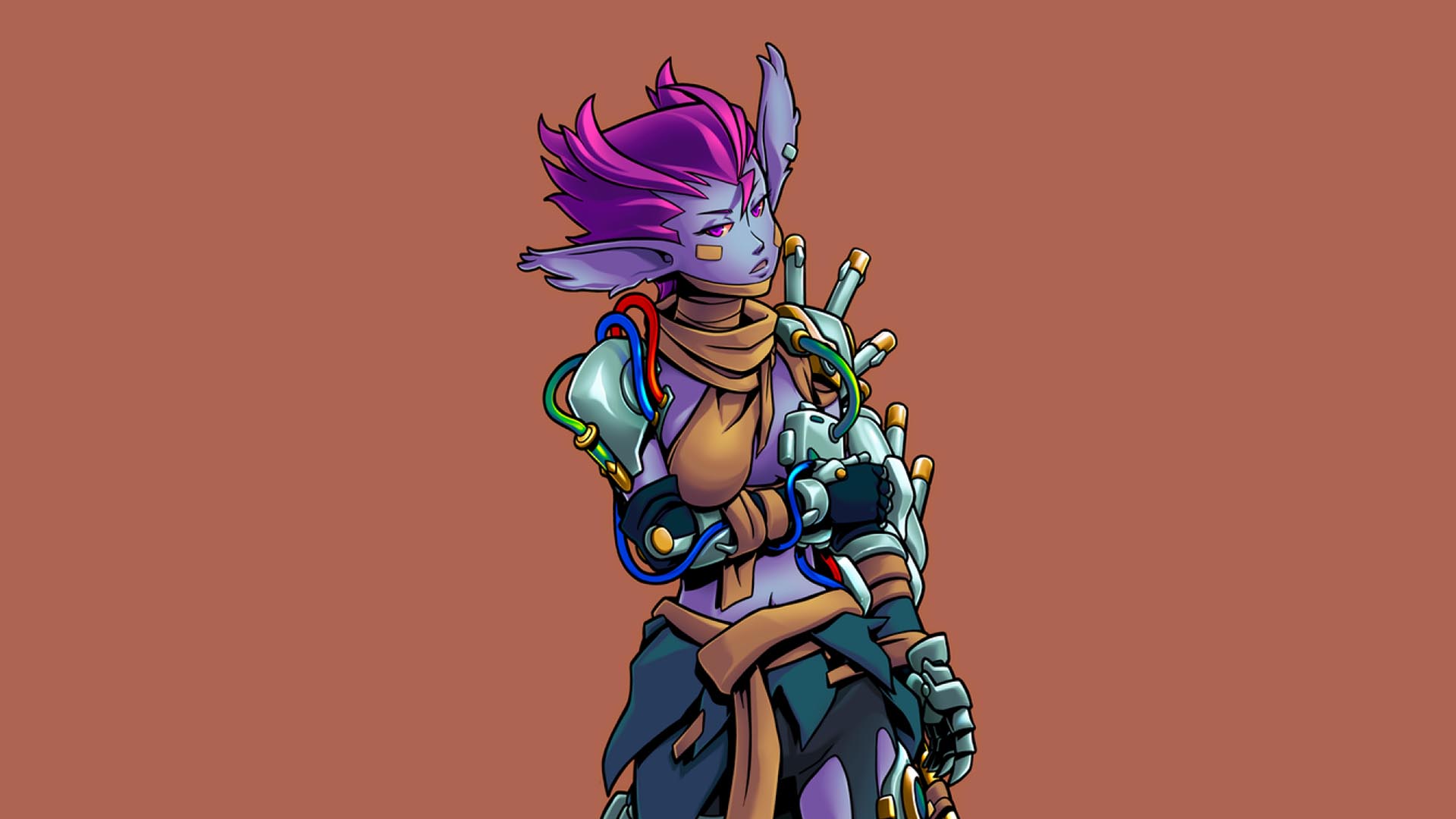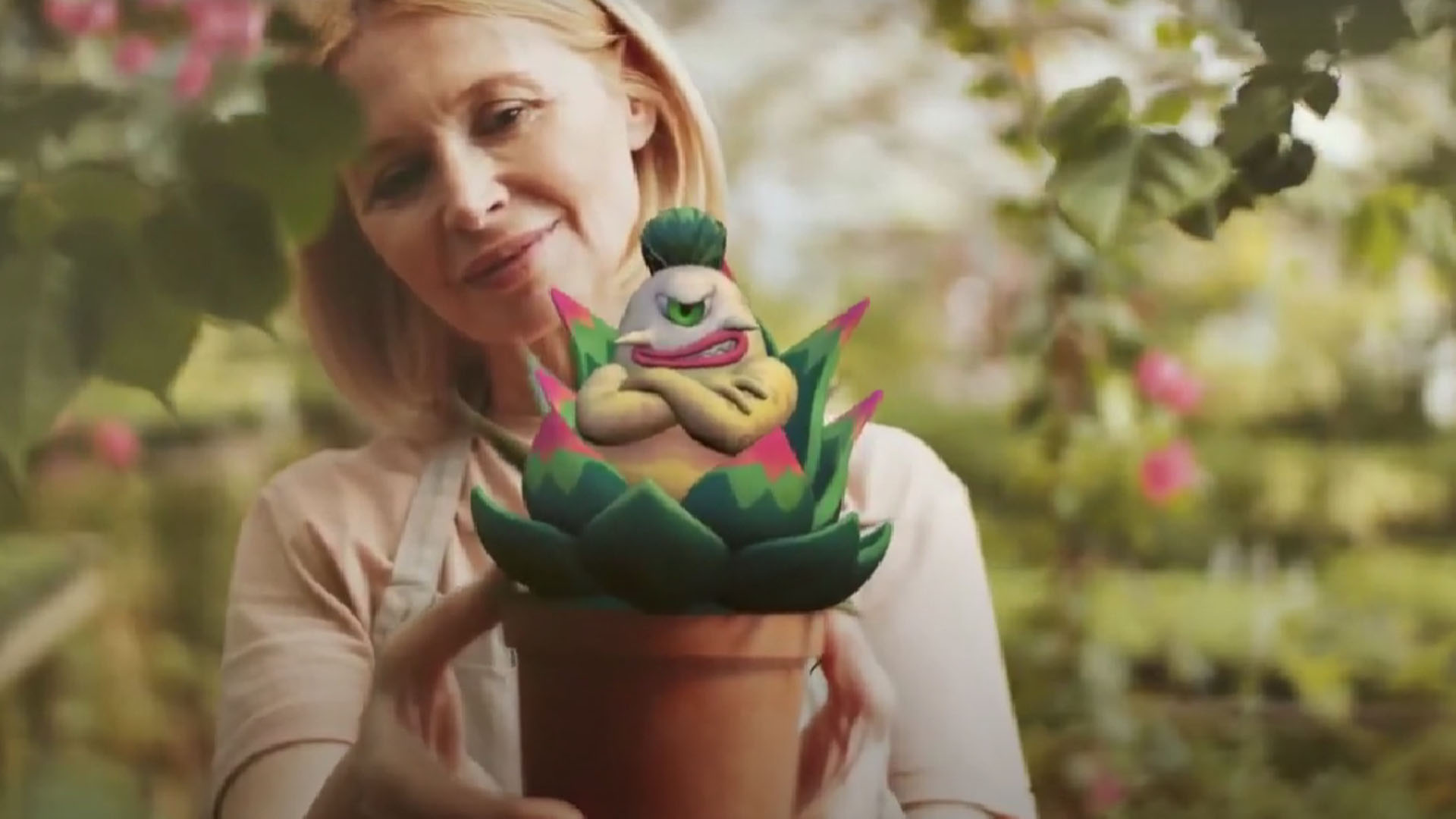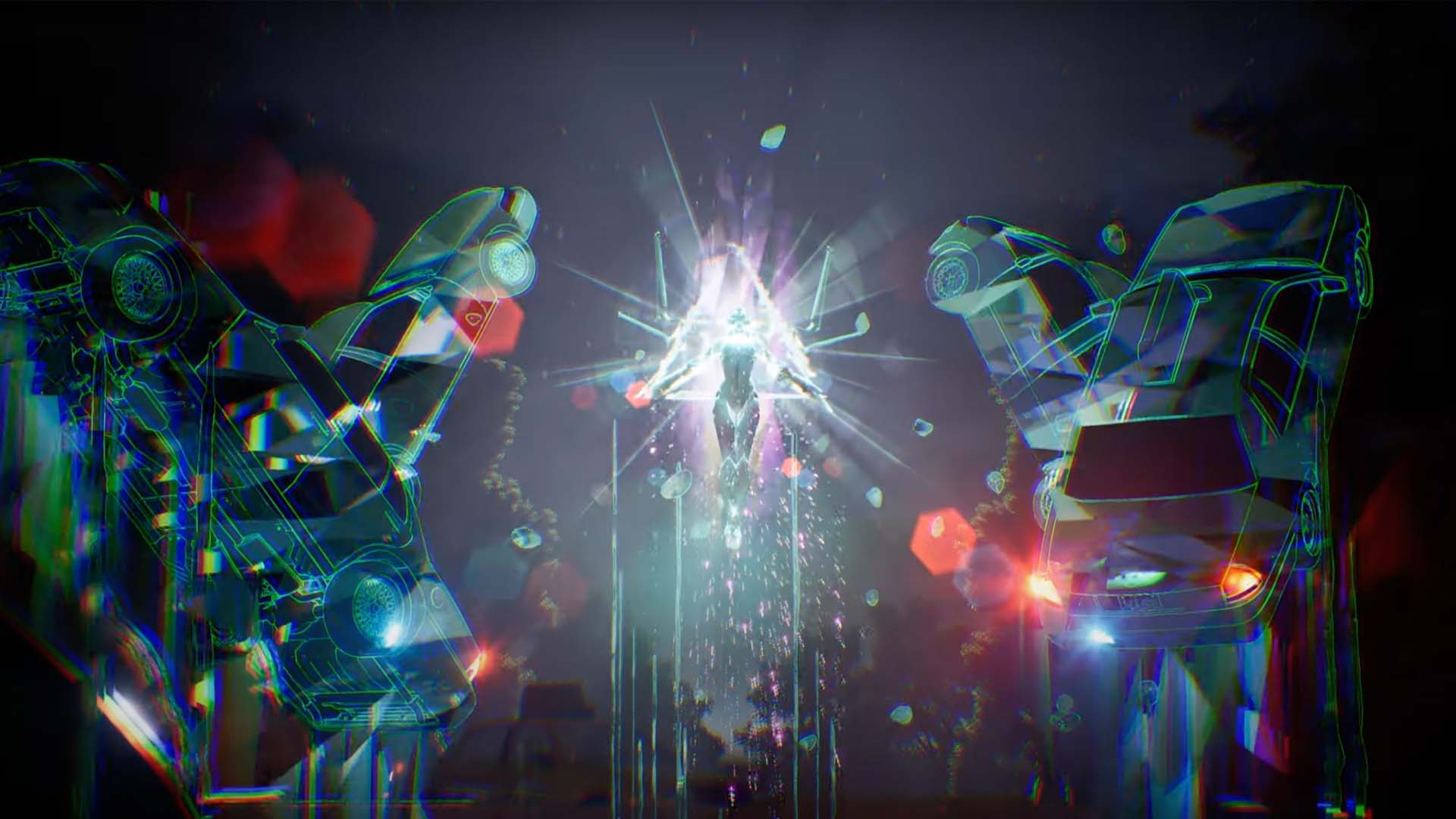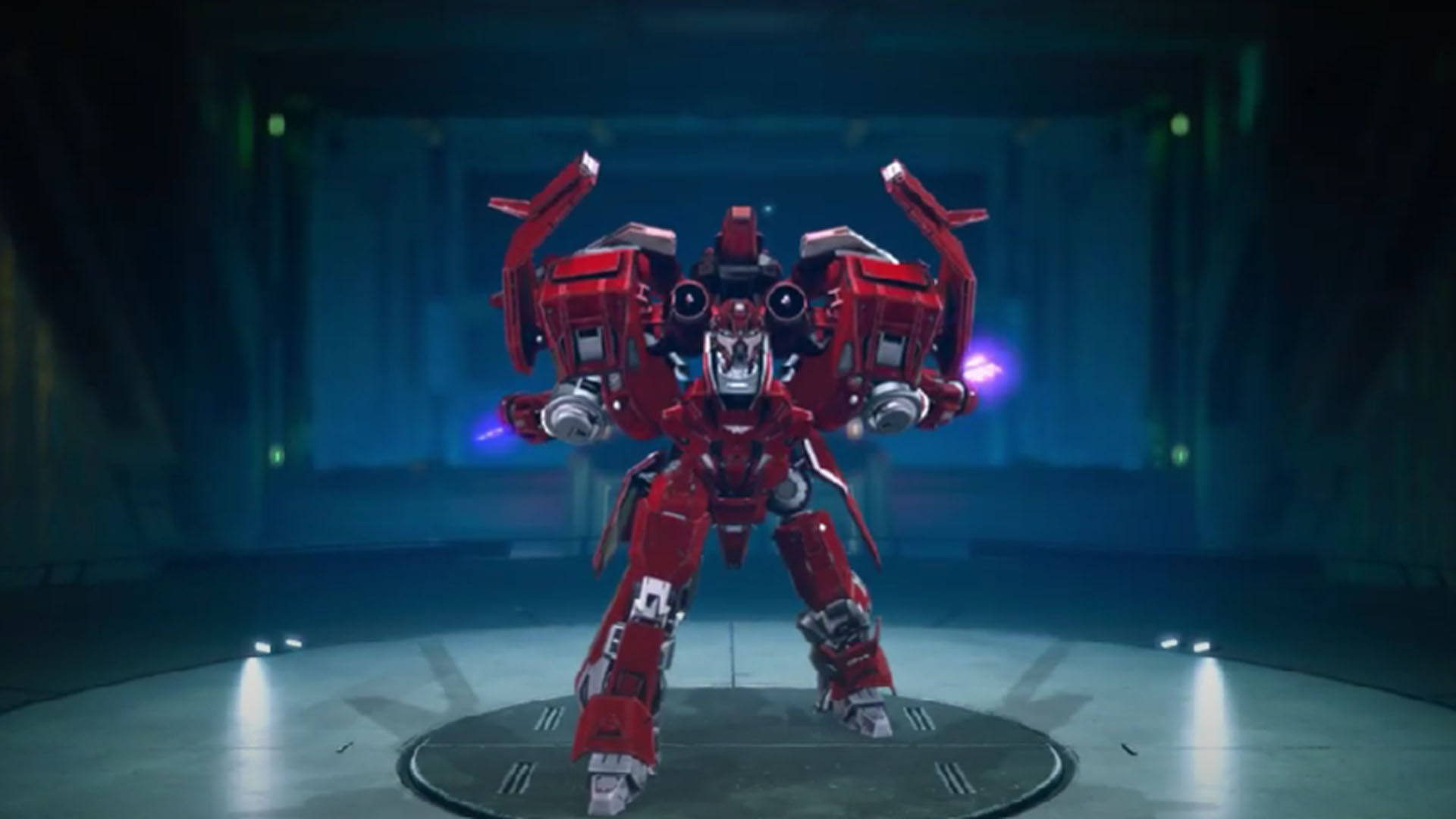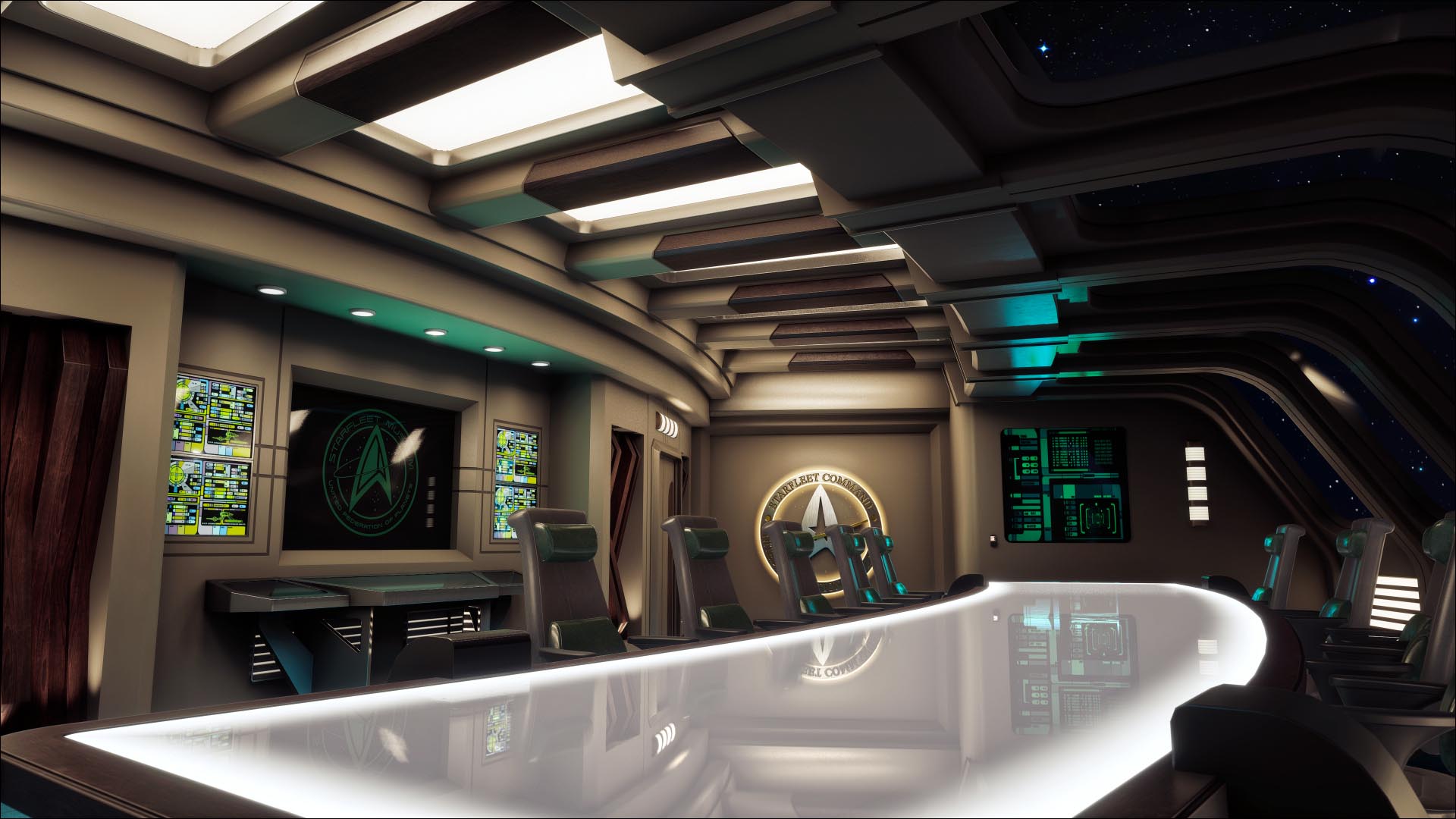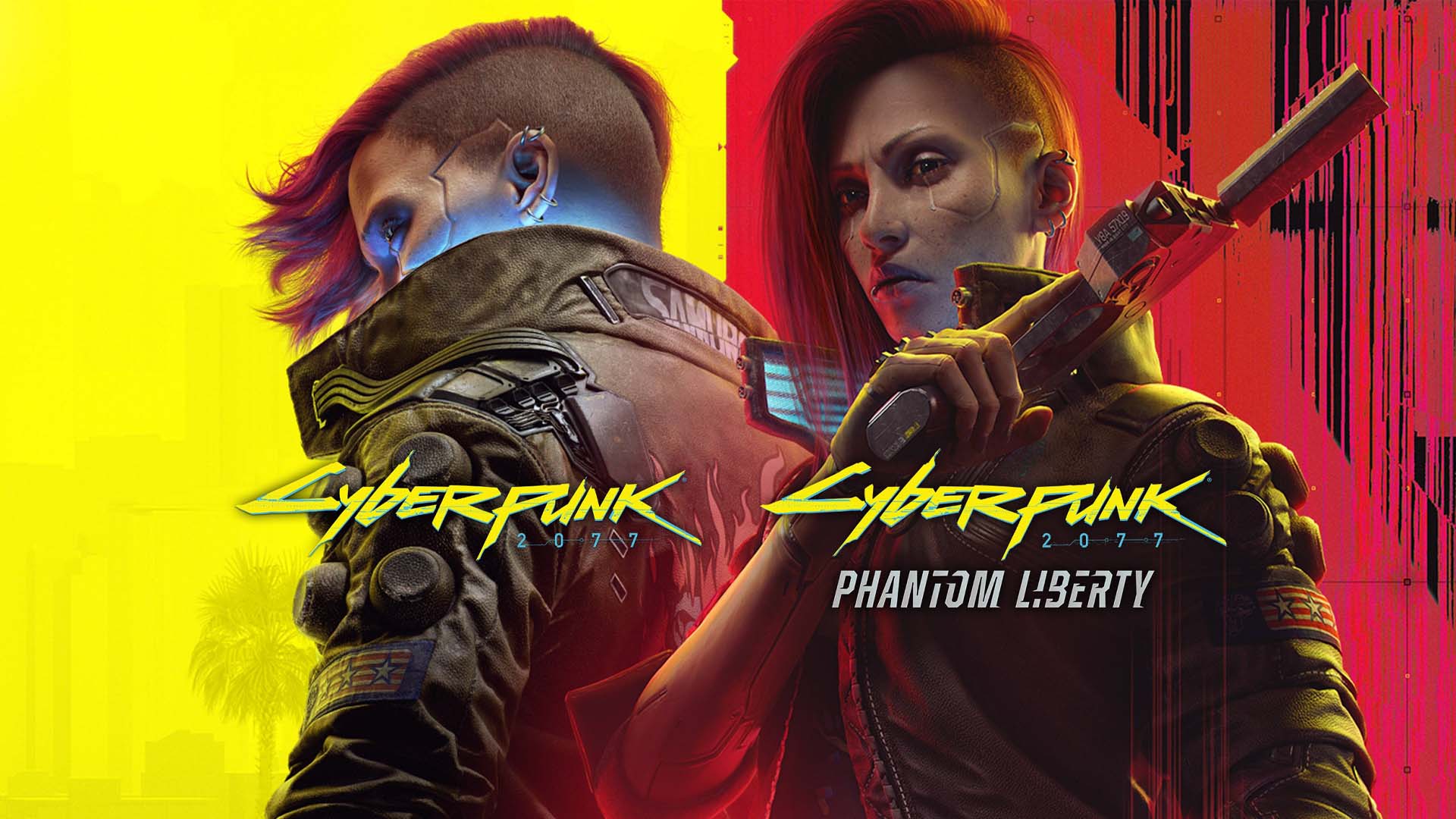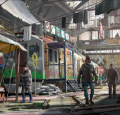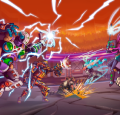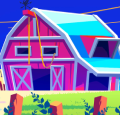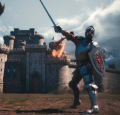In this definitive guide to game development, we give a breakdown to the pipeline in-depth. As mentioned in our client introduction process about how to start developing your game with Magic Media, game development is a complicated and intricate process conducted by a diverse team of experts. Magic Media’s part in it, as both developer and service provider, is to ensure that process is a smooth and easy as possible.
The Game Development Pipeline in-depth
Each stage will be estimated by our team once we have your specifications and requirements. Regardless, the production stage will be most of the project’s timeline as this is what most would consider “game development”. This stage is where the game takes shape and enters what is considered a “playable state”. For you to get a proper insight, we’ll break down the seven stages of game development and what they consist of. We’d also like to emphasize the importance of changes early on rather than later in the game development pipeline (the pipeline being the process of building, testing, and deploying a game). The more changes that occur in later stages the more delays will be required on production scheduling to accommodate and implement them properly.
Pitches and Conceptualization
In the beginning of the partnership, we cover what your needs are, request the required information, and from there design a development pipeline and estimate. Your needs include elements like the game’s genre and style, intended audience, any inspiration or references that you think would be good to guide our team’s concepts. This also includes your budget and scope of the game you have in mind. If you’re unclear on any of these elements, our team are here to help and guide you through as it is a complicated process for those unfamiliar with it. With these, we can prepare a plan for development that is optimized for your needs, establish plans for sharing progress and knowledge, and deliver a flexible estimation tailored for your best interests. A start date can also be established here once we allocate the necessary personnel and you are happy to proceed.
Pre-production
There are two focuses for this stage: project scope and project organization. Changes are easy to make early on so a lot of exploration and iteration will occur here. Our teams will define the internal production workflow, align on deliveries agreed with you, estimate timelines, and begin creating documentation and prototypes. Documentation, some of which you might have already shared with us if already created, includes the game’s art bible, technical design document (TDD), and game design document (GDD). These ensure a consistent technical and visual performance for our developers throughout the entire process. Prototypes are also created, which are ‘proof of concept’ focusing on key gameplay mechanics. These are important as the key to any good game is an enjoyable ‘gameplay loop’. This stage also includes a ‘cost control system’ that we will agree upon for monitoring project costs to avoid any unpleasant surprises.
Production
Once the fundamentals and guidelines are established, we enter the production phase. The game is brought to life both visually and technically, where the game will enter ‘alpha’ and ‘beta’ stages over time. Key expectations in this stage include the integration of art production into the game, user interface and navigation will be designed and implemented, game mechanics will be further iterated upon and refined, and the continuing effort of QA testing and optimization. If planned for in pre-production, this might also include milestones where our team will create key art for social media, create whitepapers, game trailers, and demos with specific mechanics. These are just a few examples of what can occur in addition to the incredible effort of the game’s main production.
Testing & QA
As specified, this stage is actually a constant but is important to mention. Gameplay mechanics, implementation of art, balancing of mechanics, and bug-checking, are all absolute constants that occur at every step. Our developers and artists are always looking to deliver an optimized and bug-free experience. We also offer art QA for projects that require it, which ensure the high-quality of art is achieved throughout.
Post-production
The main focus here is refinement and polish rather than new additions. It’s important that any changes are made as early as possible, in this stage the goal is to apply as little or no changes. Any alterations this late in production would typically mean significant delays and additional costs. Post-production is where the team focus on the best possible experience for players through quality and technical assurance checks. We might also begin to look to the future of DLC and live-service support for later steps. Bug fixing is also a huge undertaking. It cannot be overstated how common faulty launches are in gaming, and it is all about this step. Giving the team the proper time to deliver the best possible experience is invaluable when you see a happy, stable, and positive launch day.
Launch
Congratulations! Your game has launched. Just before this, we will have prepared the gam for release. In the event your game is a single launch with no live-service support or DLC expansions, here is where we’ll part ways. And in the event of a F2P game, this stage is usually a soft-launch where the game is released with little or no announcement to test your game’s performance and scalability. Documentation will be finalized and delivered to you and the entire game development data will be handed to you and your team.
Post-Launch
Once launched, it’s time to address player feedback and improve on present content. If we’re involved, we’ll be there to engage with the community’s feedback and work towards bettering the launch experience. A lively and positive game is one populated with happy and engaged players. This is also where we’ll begin working on additional or downloadable content if planned. This will look a lot like the ending steps of the production phase and post-production phase as these new elements are created and delivered.
The Complete Game Development Process
Magic Media works consistently to ensure this process is as smooth and efficient for our clients, including Blankos Block Party and Overkill VR amongst many others. It might look very simple and easy written down but this is an incredible effort from the developers, programmers, and artists to create a modern game.
From full-cycle game development and co-development, to game VFX, game art, video production, and more, we offer a one-stop studio of services for your needs. Get in touch today and let’s create magic.

